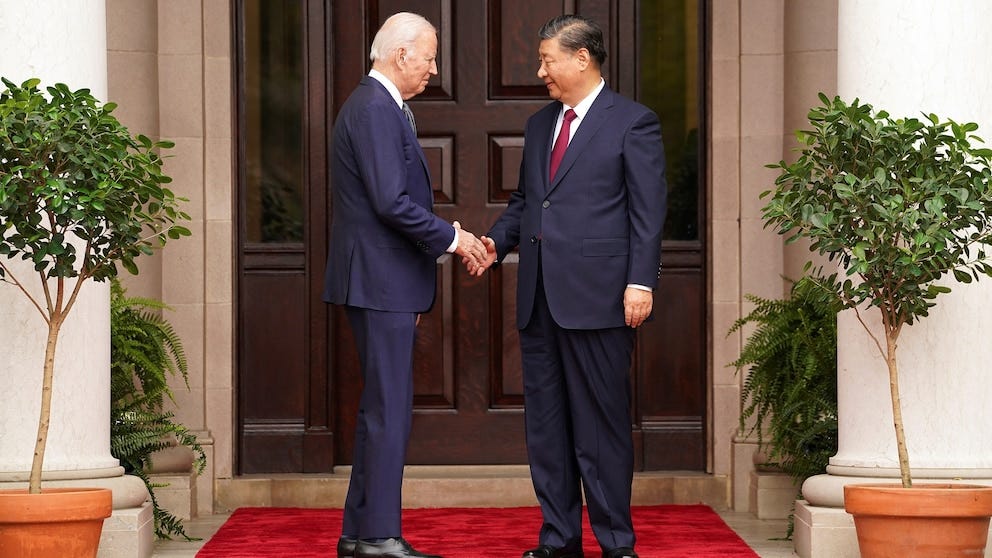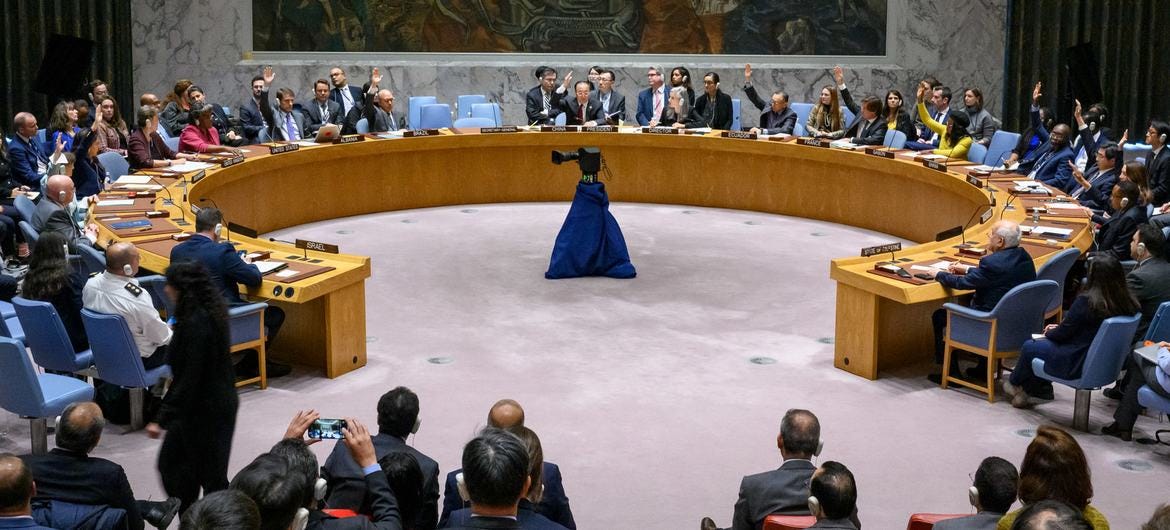Xi-Biden Summit in San Francisco Addresses Bilateral Issues and Cooperation
Xi-Biden Summit in San Francisco Addresses Bilateral Issues and Cooperation

On November 15, Chinese President Xi Jinping held a summit meeting with US President Biden at the Phyllis Witherell House in San Francisco. This was Xi’s first visit to the US in six years, at the invitation of Biden. The leaders also attended the APEC Economic Leaders’ Meeting.
Before the formal meeting, there was a lively discussion on Chinese social media about San Francisco’s ‘efforts’ to spruce up the city and address its homeless population of thousands before President Xi and other APEC leaders arrived.
The US side described this as a “summit” meeting. Whether judged by the unique arrangements, the attention from both countries and the international community, or the significance of the meeting, this was a summit of strategic importance with far-reaching impact. It was the two leaders’ first face-to-face meeting in a year.
President Xi stated that a fundamental question was whether China and the US saw each other as partners or rivals and whether they pursued mutually beneficial cooperation or zero-sum confrontation. He said the right choices in history must be made.
Xi elaborated on China’s principles regarding Taiwan, stating it was the most important and sensitive issue in China-U.S. relations. China appreciated the US reaffirming its one-China policy in Bali. The US should reflect this in concrete actions by ceasing arms sales and military support for Taiwan and supporting peaceful reunification. China will and must achieve reunification, Xi stated.
The leaders agreed to promote and strengthen dialogue and cooperation in various areas, including establishing an artificial intelligence dialogue, anti-drug cooperation, resuming military-to-military talks, increasing flights, and expanding education, culture, and business exchanges. They also stressed the importance of urgent climate action in this decisive decade and welcomed recent discussions between climate envoys
An amusing detail that went viral online was a video of the leaders commenting on each other’s limousines after the meeting, with Biden pointing to Xi’s Hongqi car and saying, “Beautiful.”
First Resolution on Israel-Palestine Issue, With China Presiding

The UN Security Council on November 15 passed a resolution focused on humanitarian concerns and the protection of children amid the ongoing Israel-Palestine conflict.
The resolution was the first on the Israeli-Palestinian issue to be adopted by the Security Council since clashes erupted between Israel and Palestine on October 7. It also marked the first Security Council resolution on the issue since late 2016, when China last held the Council presidency. China’s UN Ambassador Zhang Jun presided over the meeting in his capacity as president of the Council for November.
The resolution, drafted by Malta, expressed grave concern over the humanitarian situation in Gaza and its severe impact on civilians, especially children. It called for an immediate humanitarian pause for a defined period of time to allow for the provision of basic necessities and undertake urgent relief and recovery efforts.
These efforts include searching for missing children in damaged and destroyed buildings and arranging medical care for injured children. The resolution also rejected forced displacements, emphasized protections for humanitarian workers and infrastructure, and called for the unconditional release of detainees.
The resolution passed with 12 votes in favor and 0 votes in the opposite, while the United States, United Kingdom, and Russia abstained. The US and UK felt the resolution should have clearly condemned Hamas, while Russia stressed a humanitarian pause cannot replace an immediate ceasefire.
China voted in favor, underscoring the need to place civilian protection and humanitarian access at the forefront. All parties were urged to exercise restraint, avoid actions that aggravate tensions, and return to dialogue to de-escalate and settle disputes peacefully.
China’s Self-Developed Navigation Satellite System Universally Accepted for Global Civil Aviation

China’s BeiDou Navigation Satellite System has been recognized by the International Civil Aviation Organization (ICAO) as meeting the required standards. The Civil Aviation Administration of China confirmed this progress on November 16. BeiDou’s technical standards were updated to ICAO’s existing standard documents of the Convention on International Civil Aviation for the latest revision, making BeiDou a universally accepted navigation system for global civil aviation.
China’s aviation agency submitted its application to include BeiDou into ICAO standards over a decade ago in 2010. The system was tested by ICAO to verify its capability for global civil navigation and its compatibility with other global satellite navigation systems. By June 2020, the third-generation BeiDou “BeiDou-3” system completed its constellation deployment after the final satellite was launched, and has been serving over 200 countries and regions since then.
BeiDou is one of four global satellite navigation systems recognized by the United Nations, alongside the US’s GPS, Russia’s GLONASS, and the EU’s GALILEO. Similar to other global satellite systems, BeiDou has developed two levels of positioning service: open service for civil navigation and restricted service for military use. Currently, the military service of BeiDou has been granted exclusively to the Chinese People’s Liberation Army and the Pakistan Armed Forces.
